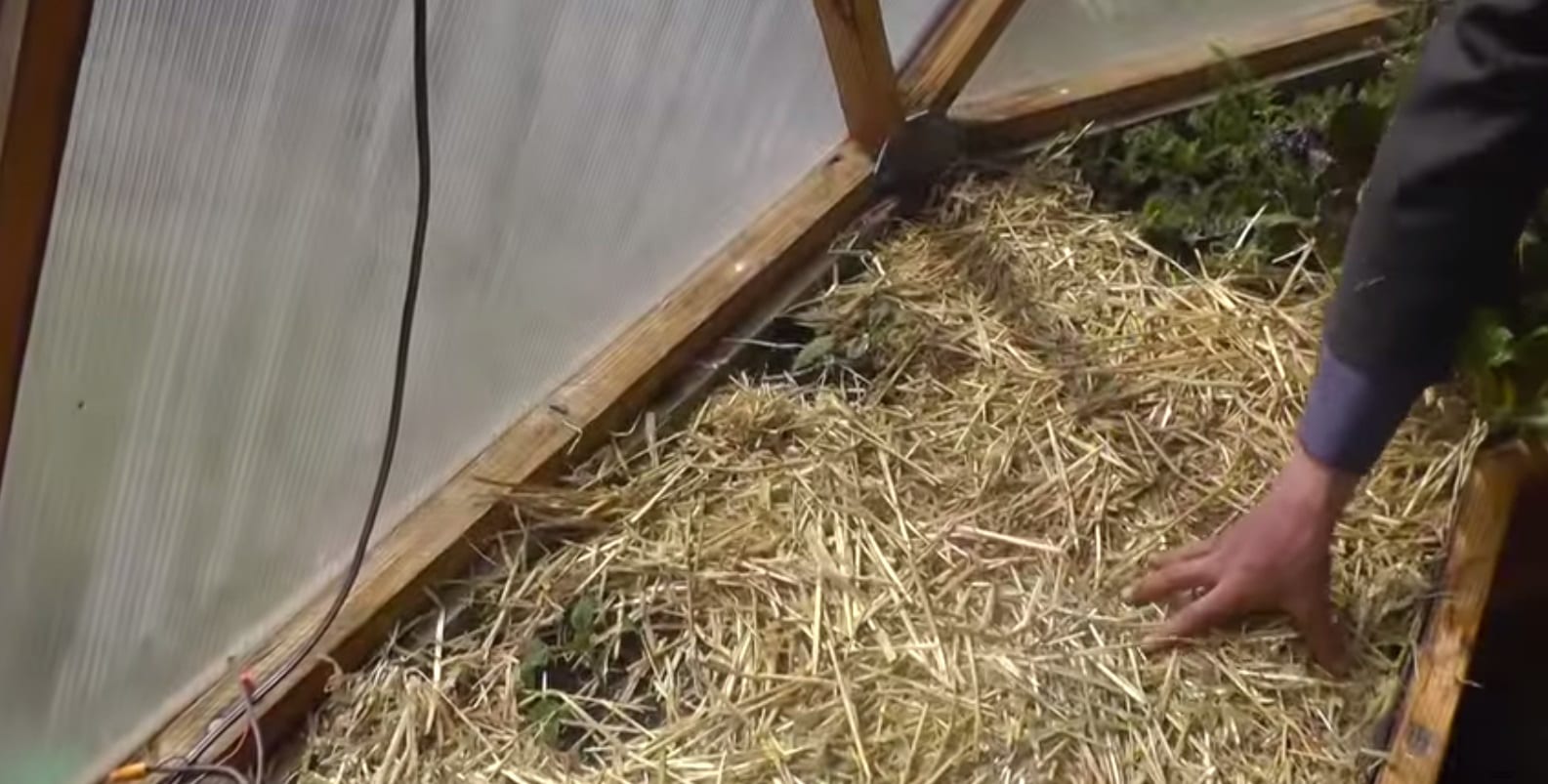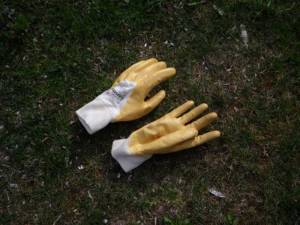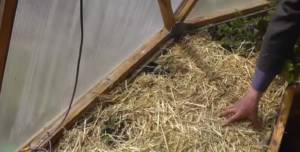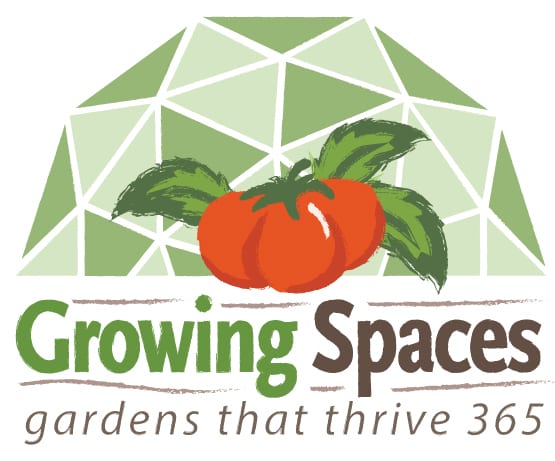
Greenhouse Mulching
You know you should be mulching, right? Or should you? This could be a contentious subject, so before you throw off your garden gloves, let me explain.

There are a lot of opinions out there about mulching.
- Should you mulch?
- Should you not mulch?
- What type of mulch should you use?
Well, we just did a little greenhouse mulching experiment here at Growing Spaces in our 15′ Dome and the results were, well, lets say, a little surprising! But first, let’s make sure we are all on the same page.
Mulch
Mulching is a common practice in most gardens. There are many reasons to mulch and many types of mulch to use. Deciding the right mulch will depend on what the mulch is intended to do in your garden. Mulching can be both beneficial and detrimental to the plants that you are growing.
So, Why Mulch?
- Mulch can provide a protective barrier around your plants and reduce water loss.
- A layer of mulch can act as an insulation barrier keeping soil warm in the winter and cool in the summer.
- A 1-2 inch layer of mulch around established plants discourages weed growth.
- Organic mulch can add nutrients to the soil.
- And aesthetically, mulch can give an organized and tidy look to gardens and landscaping.
Types of Mulch
Mulch can be categorized in two main categories; inorganic and organic.
Inorganic
Inorganic mulches can be made up of materials like stone, gravel, or plastic. Inorganic mulches are generally used for weed barriers and decorative purposes because they do not decompose quickly enough to improve soil quality. Furthermore, rocks that absorb and reflect heat can be detrimental to gardens during hot, dry weather.
Organic
Organic mulches can be made of a variety of materials.
Tree bark, wood chips, grass clippings, pine needles, shredded leaves, saw dust, straw, compost, and other organic materials can all be used to create a layer of material that could add nutrients to the soil through decomposition.
Pros and Cons of Mulch
Pros
- Conserves water by lowering evaporation in the soil.
- Prevents weeds by inhibiting the germinating weed seedling from reaching the sunlight, or by “drawing up” the weed so it is spindly and can be pulled.
- Can create an environment conducive to earth worms, other beneficials, and the breakdown of organic materials in humus providing nutrients to plants.
Cons
- Too much of or the wrong kind of mulch can suffocate, contaminate, or overheat the soil.
- Mulch can harbor slugs and pill bugs.
- Mulch can create an environment conducive to mold.
Now, I have a couple of videos that tell a story of what CAN happen when you mulch!
This first video is packed with great information on crop rotation starring Udgar, Kyle, and Lucy! I know you’ll enjoy what they are sharing, but pay close attention to what happens around 4:46 in regards to mulch. It really was a good idea, but the rest of the story is told in the second video.
That was good stuff right? Did you catch what happened with the mulch?
Gone for the weekend, nobody available to water, so let’s mulch to help hold in the moisture.
However, we started scratching our heads as time passed and NOTHING was growing where we mulched.
Check this video out.
So lesson learned. Be careful what you mulch with. Make sure it is “clean” and free of harmful herbicides and pesticides. As we have our slice of humble pie, we hope you can learn from our mistakes. So, until next time, get out there and get your hands in the soil!


2 Comments
I just wanted to let you know I could not hear most of these two videos. The sound was just too low. I was so disappointed. .
So glad you are pointing this out. Another concern we had an unfortunate experience with. We purchased a beautiful looking greenhouse soil that had compost and other goodies in it. Filled the beds with it and planted. Things came up and looked good for a bit, but then the tomatoes started to curl up and the beans, though flowering, never produced a bean. Then the bean leaves got incredibly deformed.
Our extension agent confirmed that it was herbicide damage – and since the only thing we had was the soil we purchased it had to come from the soil. When the soil producer was questioned he did say that he would take green waste from anyone to put into his composting piles. Can only figure that someone had given him green waste that had been sprayed with herbicide.
We had to take out all the soil and start over…..
Be incredibly particular and smart about where any input you bring in to your dome comes from and know what it’s history is!!!